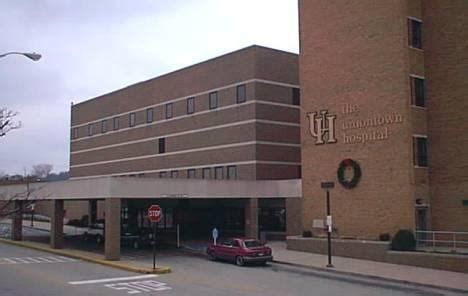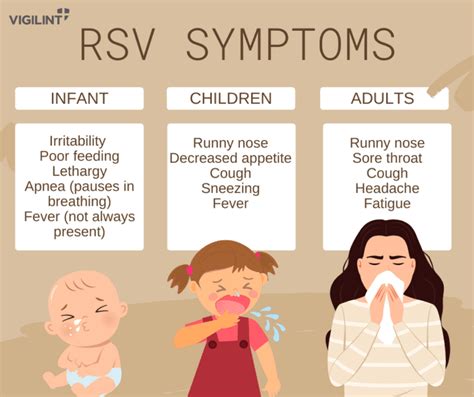Abortion Side Effects: Protect Your Physical And Mental Health

The topic of abortion is complex and multifaceted, involving not only legal, ethical, and social considerations but also profound personal and health implications. For individuals considering or having undergone an abortion, understanding the potential side effects is crucial for protecting both physical and mental health. This comprehensive overview aims to provide insights into the various aspects of abortion side effects, guiding individuals through the decision-making process and the aftermath with clarity and sensitivity.
Physical Side Effects of Abortion
The physical side effects of abortion can vary widely among individuals, depending on factors such as the method of abortion, gestational age at the time of the procedure, and overall health. Common immediate physical side effects may include:
- Bleeding and Cramping: These are the most common side effects. Bleeding can range from light to heavy and may last for several weeks, although it typically decreases over time. Cramping is similar to menstrual cramps and can be managed with over-the-counter pain medications in most cases.
- Nausea and Vomiting: Some individuals may experience nausea or vomiting after an abortion, which can usually be managed with rest and proper hydration.
- Fever: A low-grade fever can occur but should be monitored. If the fever is high or persists, medical attention is necessary to prevent or treat any potential infection.
- Dizziness and Fainting: Due to the procedure and potential blood loss, some individuals may feel dizzy or faint. It is essential to rest and avoid driving or operating machinery until these symptoms have resolved.
In the longer term, most individuals do not experience significant physical health issues following an abortion. However, it is crucial to follow post-procedure instructions provided by healthcare providers to minimize the risk of complications, such as infection or prolonged bleeding.
Mental and Emotional Side Effects
The mental and emotional impact of an abortion can be profound and varies greatly from person to person. While some individuals may experience relief, others may encounter a range of emotions, including sadness, guilt, anxiety, or depression. The emotional response can be influenced by personal beliefs, the circumstances surrounding the pregnancy, support systems, and individual resilience.
- Grief and Bereavement: It’s common to feel a sense of loss after an abortion. This grief can be for the pregnancy itself, the potential future, or the relationship involved.
- Anxiety and Depression: Some individuals may experience increased anxiety or depressive symptoms following an abortion. These feelings can be transient but, in some cases, may require professional support.
- Post-Abortion Stress Syndrome (PASS): Though not formally recognized in the Diagnostic and Statistical Manual of Mental Disorders (DSM-5), some researchers and clinicians describe PASS as a condition that can include symptoms of anxiety, depression, and post-traumatic stress disorder (PTSD) following an abortion.
Protecting Mental Health
Protecting and supporting mental health after an abortion is essential. This can involve:
- Seeking Support: Talking to trusted friends, family, or mental health professionals can provide a safe space to process emotions and experiences.
- Self-Care: Engaging in activities that promote relaxation and well-being, such as exercise, mindfulness, or hobbies, can help manage stress and emotional distress.
- Professional Counseling: For those experiencing intense or prolonged emotional distress, professional counseling or therapy can offer valuable support and coping strategies.
Importance of Pre and Post-Abortion Care
Both pre and post-abortion care are critical for minimizing risks and addressing the physical and emotional needs of individuals. Pre-abortion care includes comprehensive counseling about the procedure, its potential side effects, and the alternatives, as well as addressing any questions or concerns the individual may have. Post-abortion care involves monitoring for physical complications, providing emotional support, and facilitating access to follow-up care as needed.
Conclusion
The decision to have an abortion is deeply personal and can have significant physical and emotional implications. Understanding these potential side effects and having access to comprehensive care and support can greatly mitigate risks and support overall well-being. If you or someone you know is considering an abortion or has recently undergone one, reaching out to healthcare providers, counselors, or support groups can provide invaluable guidance and reassurance.
What are the common physical side effects of an abortion?
+Common physical side effects include bleeding, cramping, nausea, vomiting, and in some cases, fever. Most of these can be managed with rest, hydration, and over-the-counter medications.
How can I protect my mental health after an abortion?
+Seeking support from trusted individuals or professionals, practicing self-care, and considering counseling or therapy if emotional distress is significant or prolonged can all be beneficial for mental health.
What kind of care should I expect before and after an abortion?
+Pre-abortion care should include comprehensive counseling about the procedure, potential side effects, and alternatives. Post-abortion care involves monitoring for complications, providing emotional support, and facilitating access to follow-up care.



